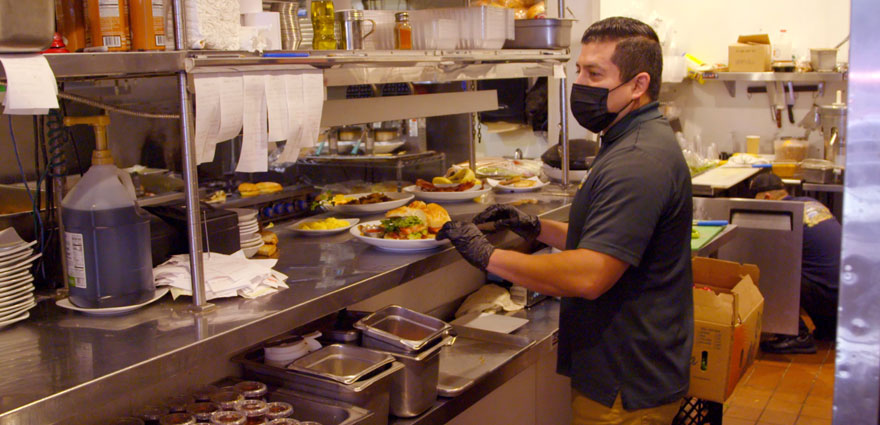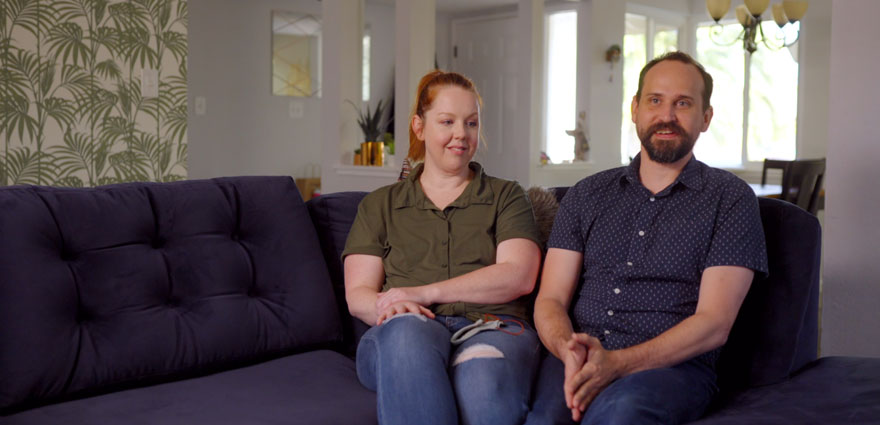For the 130 or so Gamble House volunteer docents who lead house and gardens tours, this Arts and Crafts masterpiece is more than an architectural landmark. It is also a social hub and, over the past year, a source of strength during trying times, said Stephanie Mundweil, president of the house’s docent council.
The Gamble House’s closure during the coronavirus pandemic left many of its docents isolated from friends who had also dedicated their retirements to the house, Mundweil said.
“I keep hearing again and again how much they miss the house,” Mundweil said. “This becomes their social group, so I really try to keep that in mind and be in touch with them. If I hear someone is sick, I try to drop off some flowers or put together a basket of food goodies for their families. It’s been important that we continue that and keep everyone involved.”
The Gamble House’s small staff has also brainstormed ways to continue sharing the house even as the world shut down, said Jennifer Trotoux, the house’s director of collections and interpretations. The Gamble House became available online through a virtual, 3-D tour shot during the pandemic. For more than three decades, much of the world had already known the Gamble House as the home of the character Emmett “Doc” Brown in the “Back to the Future” trilogy.
“Normally the way that we have people experience the house is they come here and we offer them tours of the interior of the house,” Trotoux said. “We weren’t able to do that so we had to figure out a way to give people access to it and get it to people where they are.”
In addition, Gamble House staff moved its store online and organized regular Zoom-based curator chats for docents in a bid to keep intact their network of volunteers, Trotoux said. Those measures alone, however, didn’t make up for the pandemic’s economic toll. Due to the closure, it lost 90% of its program income, which makes up a third of the overall budget.
“What we realized this year is that people who support the house were really willing to step up and support us financially,” she said. "It really helps to know you can call on people and they’ll respond. A lot of institutions weren’t so lucky.”
Mundweil said she and fellow docents still find inspiration from the Gamble House as they pass its shuttered front doors during regular walks in the neighborhood. With interior tours of the house scheduled to start in the summer of 2021, docents can’t wait to come home.
“There’s something about seeing the house, this lovely, beautiful house, it is so strong and it has such a strong presence,” Mundweil said. “And that to come by and walk by it and to try to feel that strength that will keep us going.”


